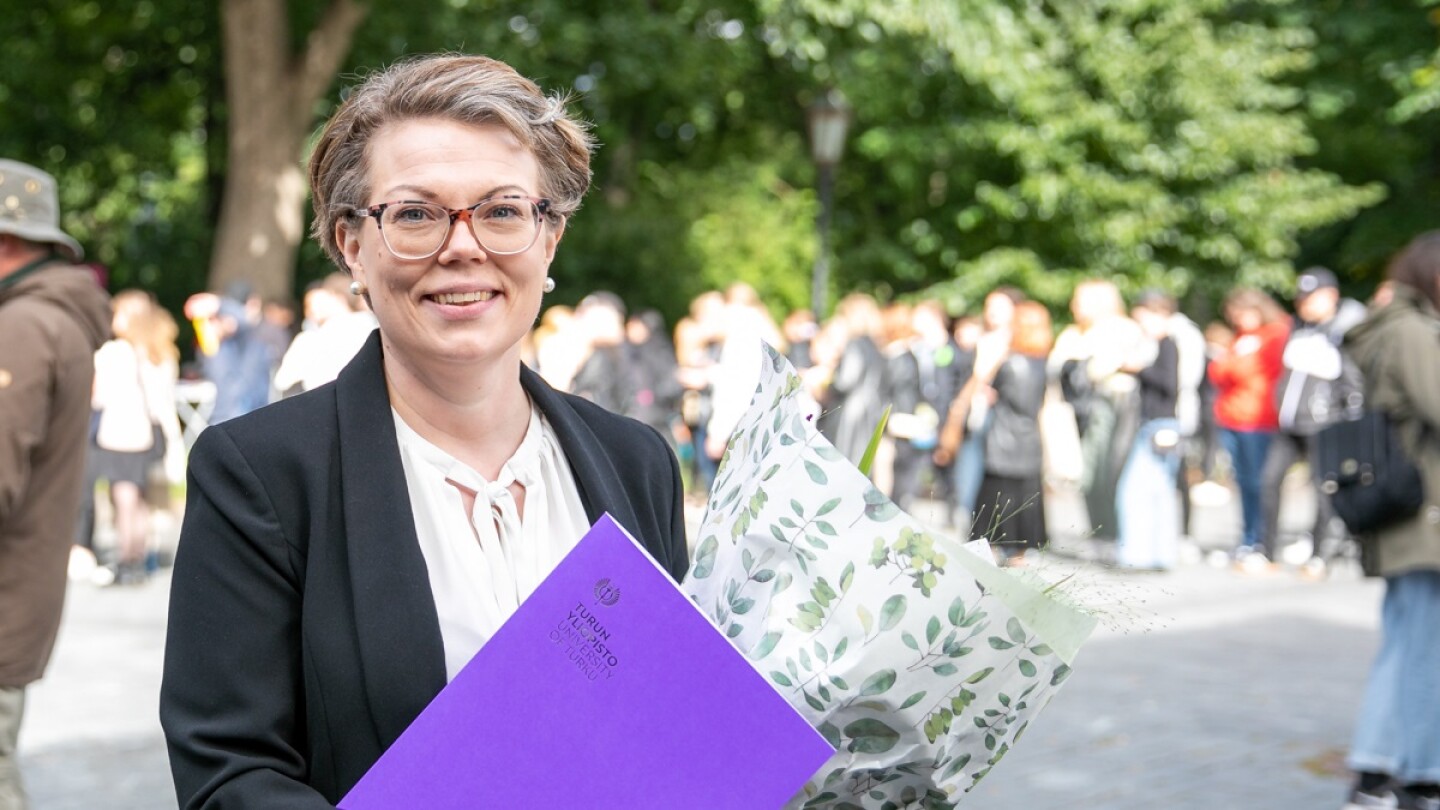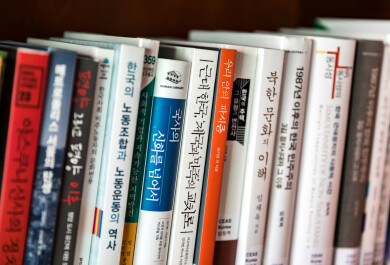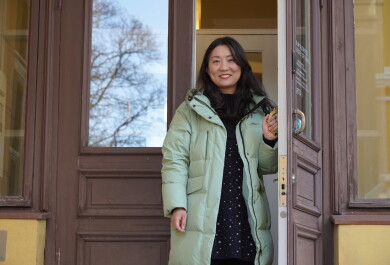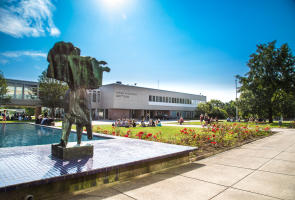The ReConnect China research project, which improves the weak knowledge of modern China in Europe, has received a four-year EU Horizon funding of a total of four million euros. Researchers from 12 European countries are involved in the research project coordinated by the University of Ghent in Belgium. The Centre for East Asian Studies CEAS of the University of Turku is the only Nordic university in the consortium.
The University of Turku's Centre for East Asian Studies (CEAS) together with a European consortium secured a four-year, four-million Euro EU Horizon grant to collaborate on ReConnect China, a path-breaking research project to address the lack of China knowledge in Europe and the urgent need to upgrade and promote independent European knowledge on contemporary China.
There were more than a dozen applications for funding under this Horizon call, and ReConnect China consortium involving CEAS is one of only two selected. Starting from November 2022, the project aims to clarify in which domains the EU’s cooperation with China is desirable, possible or impossible. Ghent University in Belgium will coordinate the work of 15 universities and knowledge centres in 12 European countries, of which UTU is the only Nordic University.
According to Professor Lauri Paltemaa, in the current geopolitical situation, China is increasingly identified as a rival, so it’s imperative to carve out a fair, balanced, and mutually beneficial European policy vis-à-vis China. This task will be supported by a tailor-made database collecting data from government sources both at national and local levels.
Professor Lauri Paltemaa also emphasised the importance of getting a better understanding of what’s going on beyond Beijing, in provincial cities and villages. The project breaks new ground by linking this new digital repository with computational methods of data collection and analysis. Paltemaa ensures that CEAS researchers are well prepared to utilise the collected data to their full, as CEAS has in a pioneering manner initiated training for students and staff members in computational research methods.
CEAS will also co-lead one of the consortium’s work packages aiming to produce Massive Open Online Courses (MOOC) for European students. University lecturer Outi Luova, who is in charge of the development of the MOOC courses, describes this as an extraordinary opportunity to contribute to the development of Chinese studies in European universities.
Based on the robust experience of CEAS in four much-praised MOOC courses via the Finnish University Network for Asian Studies, the aim of ReConnect is to provide introductory courses in Chinese politics, society and economy that are easily accessible. Outi Luova points out, that the excellent scalability of the MOOC courses, and their efficient ability to mainstream China-knowledge among university students and the general public, was one of the key aspects that secured the funding.
The ReConnect Consortium will also deliver policy briefs, podcasts and workshops to inform the strategic priorities of the European Union and the Commission in key EU-China issue areas. According to senior researcher Hermann Aubié, creating and disseminating knowledge about China for Europe and its citizens is the fundamental task of the consortium. He mentions that China-researcher from UTU together with Consortium partners, will produce topical and much-needed China-related knowledge about green and digital technology, human rights, geoeconomics, global health, development financing, foreign aid, and the nexus between China’s domestic politics and international relations. As China researchers are often scattered all over Europe, this project also intends to bring them together, with policy experts, students and other key stakeholders through a new Europe-China Knowledge Forum.
In addition to Aubié, Luova and Paltemaa, also research professor Mikael Mattlin contribute to research in this project.
To sum up, the five main outputs of the ReConnect China project are:
1. Providing an independent understanding of China and its overall defining social, cultural, political and economic characteristics.
2. Identifying the EU’s current strengths and urgent needs within the new global narratives on China.
3. Developing a database of online open sources enabling day-to-day insights into policies, narratives, and public discourses in China.
4. Mainstreaming knowledge on China within the EU to help offset the stagnating number of European students in Chinese studies while enhancing awareness on China among the general public and youth.
5. Contributing fact-based knowledge in four key policy fields: Science & Technology, Economy & Trade, Domestic Politics, and China in the World.
CEAS is very much looking forward to the official kick-off of this highly interesting new research endeavour in the company of excellent European partners!
ilmassa.





